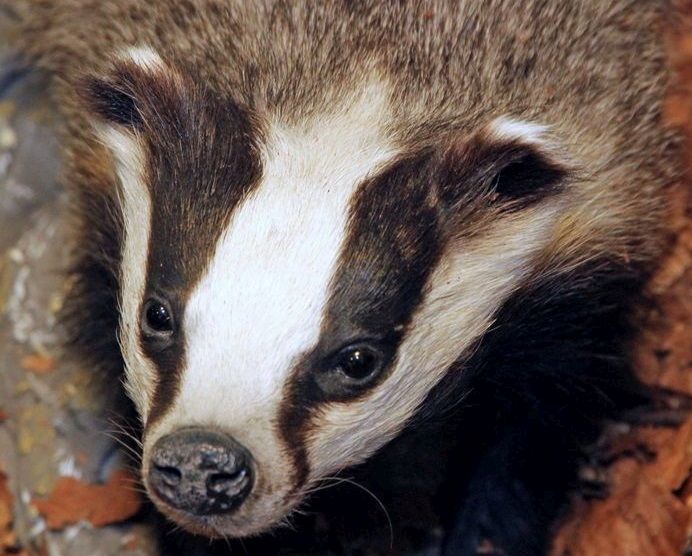
The National Beef Association has called for an urgent meeting with Defra after its 'unprecedented decision' to turn down the cull application for Derbyshire.
Last week's rejection came despite the application meeting all protocols and criteria, the NBA says.
Until last week, every licensed cull area that met the standards gained its licence.
The beef industry body says that the number of cull areas had been agreed before the start and the process was 'working well'.
Bill Harper, chairman of the NBA TB Committee, has now called for a meeting with Defra Secretary Theresa Villiers to reset the agreements previously made on the process of applying for badger cull licences.
He said: “To our dismay, the government has intervened and turned down the application in Derbyshire.
“The area was well organised and had met all the criteria, including an area of vaccination on its northern boundary adjoining a four-year testing area.
“There has been no explanation of the decision, and the area leaders are devastated that all their hard work has been cast aside for political expediency,” Mr Harper said.
Working with Natural England, staff groups of farmers in the TB-high risk area put together a licence application meeting the requirements under the 1992 Badger Protection Act.
The NBA says the overall process took 12 months. The submitted plan detailed the cull area and the financial commitment from farmers to pay for the work by the contractors.
It adds that at every stage the management team had been advised by Natural England that the process was on track, and the final sign off by the minister was expected to be a formality.
The group now fears that this will deter others in investing in the planning process, knowing that politicians could overturn Natural England’s recommendation without reason.
Mr Harper said: “There are still gaps in the coverage across the High-Risk Area, which is giving more boundary risks which needs to be addressed.
“A high-level meeting with all stakeholders is imperative if the benefits of all the work that has been done, is not to be reduced.”
He added: “Farmers across the country have invested heavily in this process, providing leadership, organisation, finance and resolution in the face of intimidation.
“They deserve the full backing of our elected government, whose policy they are supporting.
“This recent kickback has broken the bond of trust that existed, and action is needed to rescue the process.”
